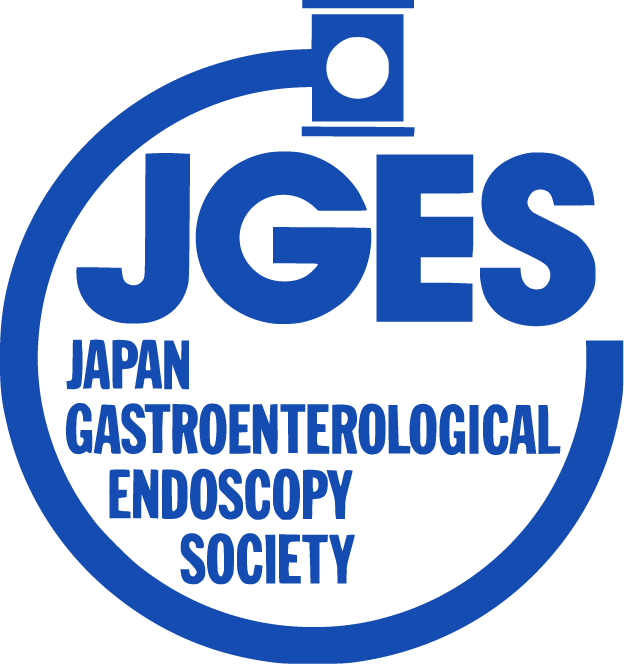Artificial intelligence (AI) in medical diagnosis has been a large interest to many medical specialties, including gastrointestinal (GI) endoscopy. The Japan Gastroenterological Endoscopy Society (JGES) has conducted research on the ability of multiple AI systems to diagnose 7 medical conditions in both the upper and lower GI, and discussed how AI can improve the quality of daily endoscopy. Below is a summary of some key findings and data.
- Barrett’s esophagus (BE)
Barrett’s esophagus is a condition in which the esophagus becomes damaged by acid reflux, then causes the lining to thicken and become red. With the help of the AI technique computer-aided detection (CADe), JGES’s research has shown that there is an 89%-95% of accuracy when classifying dysplastic vs non-dysplastic, 92%-97% accuracy in indicating the optimal site of targeting biopsy, and 80%-97% of accuracy when detecting esophageal adenocarcinoma (EAC), which met with American Society of GI Endoscopy’s (ASGE) high standard of at least 80% for detection of high-grade dysplasia (HGD) or EAC. - Esophageal Squamous Cell Carcinoma (ESCC)
Esophageal squamous cell carcinoma is the most prevalent esophageal cancer worldwide, and it is crucial to identify it at an early stage. According to the article, there is a 9.4% improvement on accuracy when comparing diagnostic done by CADe (91.1%) and a group of 4 high-level, 6 mid-level and 6 junior-level endoscopists (81.7%). - Gastric cancer (GC)
Gastric cancer is a disease in which cancer cells form in the lining of the stomach. By using the AI skill of computer-aided diagnostic tool (CADx) system to differentiate cancerous and non-cancerous gastric lesions, research suggested that there is an accuracy rate of 86%, but at the same time, recorded 31% of misdiagnosis of cancer in non-cancerous cases. - Helicobacter pylori (HP) Infection
Helicobacter pylori is a bacteria that can infect a patient’s stomach and cause an HP infection. By implementing a convolutional neural network (CNN), which is an image classification and object recognition AI technique, to HP detection, a high accuracy rate of 93.8% is recorded when multiple gastric images were used per patient. - Gastric ulcer & Colorectal cancer
Gastric ulcers are open sores that develop on the inside of the stomach, and colorectal cancer is a type of cancer that begins in the large intestine. Both conditions require the skill of polyp or adenomas (also a type of polyp) detection. With the help of the CADe system, it showed a 54.8% detection rate, which is 14.4% higher than the result of the 40.4% detection rate recorded from the group with no CADe. - Inflammatory Bowel Disease
Inflammatory bowel disease (IBD) is a disorder that involves chronic inflammation of the digestive tract. Several CNN systems have shown a high accuracy of more than 89% in terms of the detection of ulcerative lesions.
Future of AI in the Field of Endoscopy
As the research article from JGES mentioned, AI is surely the most attractive opportunity to standardize endoscopy, yet with all the above-mentioned advantages and promising data, a crucial factor is that it will still be largely dependent on the technical skill of the endoscpist. Polyps can be neglected by an AI system if a low-quality endoscopy session is presented. The article further discussed that “maybe even more important than the detection ‘skills’ of AI tools, is that this is associated with software that actually monitors the technical performance of the endoscopists… With this respect, AI itself can be a valid tool for future education and training of less experienced endoscopists or trainees, to give feedback on quality during the procedure.” This approach will guide us to the ultimate goal of quality improvement by equipping good diagnostic AI systems to well-trained endoscopists.

Reference
Sinonquel P, Eelbode T, Bossuyt P, Maes F, Bisschops R. Artificial intelligence and its impact on quality improvement in upper and lower gastrointestinal endoscopy. Dig Endosc. 2021 Jan;33(2):242-253. DOI: 10.1111/den.13888. Epub 2020 Dec 19. PMID: 33145847.
